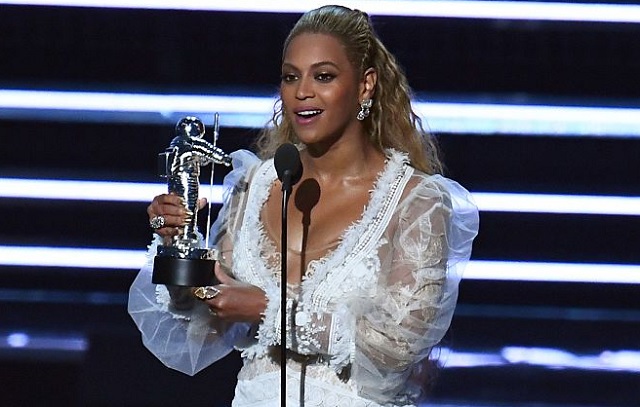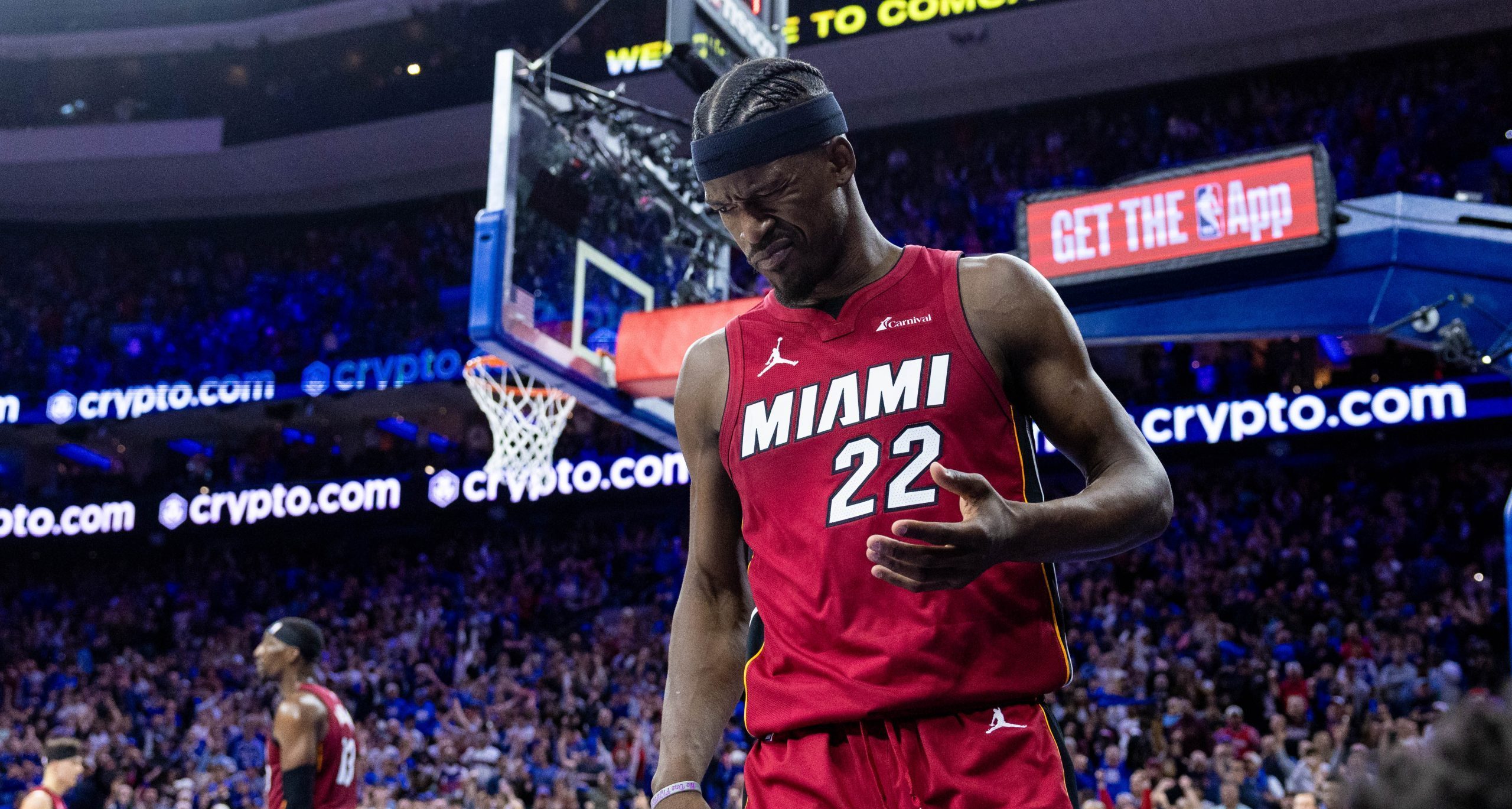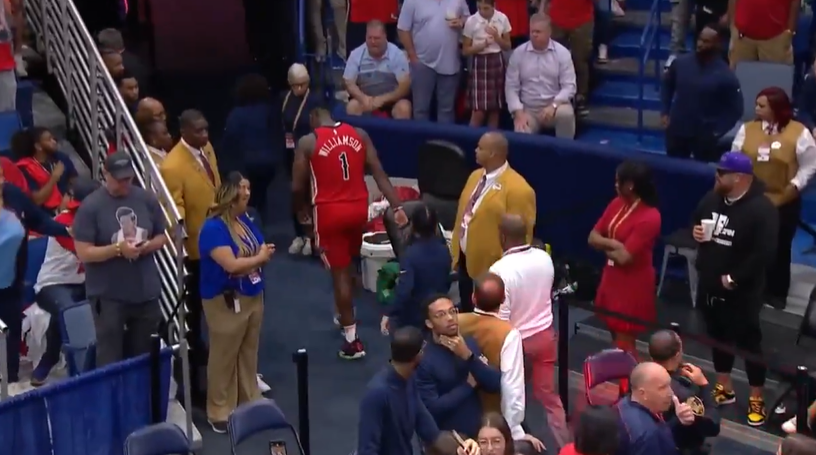Sunday’s broadcast of the MTV Video Music Awards dropped drastically Sunday. The show drew an audience of 6.5 million viewers, which was down 34 percent from last year’s 9.8 million, according to the New York Times‘ John Koblin.
This seems pretty shocking, especially when you consider that Viacom put the show on 11 (!) channels, including VHI, Comedy Central, and Spike.
Why could this have been? One answer seems pretty simple, though it may seem complicated for some. While it’s fun to be on Twitter during award shows, typically there are really one to two things that really end up being talking points after the show, and those typically happen in short spans. So some folks just don’t bother with watching a three-hour show. Don’t stay up too late, and catch the highlights at places like The Comeback.
"She's someone I've been in love with since I was 22 years old." #VMAs https://t.co/tw6eGKEPsx
— MTV (@MTV) August 29, 2016
The real answer, however, seems to be that people aren’t watching on TV, but they’re streaming the VMAs. In a world where watching things on Netflix is more common for some people than watching television, it shouldn’t come as any surprise that MTV’s online viewership for the broadcast grew exponentially, as the New York Times points out:
“MTV, however, pointed to significant gains online: The network said that the V.M.A.s drew 45.8 million streams on Facebook, a huge increase over the 4.4 million from last year. Likewise it said that the V.M.A.s had 62.8 million streams on Sunday, up 70 percent versus what it had last year. But despite those gains, networks still earn most revenue from commercial time on a traditional broadcast.”
This definitely doesn’t bode well for the networks, as Koblin mentions. They get the majority of their revenue from the traditional broadcast. That’s going to be something to look for in the future, as a similar trend was displayed for the 2016 Summer Olympics in Rio. It’s going to get to a point where a real revenue stream is going to have to be created to go with the advertising revenues from the conventional TV broadcast.
Sometimes the #VMAs can get a little awkward… https://t.co/c84qAPCMpr
— MTV NEWS (@MTVNEWS) August 29, 2016
It’s been staged as a “fault” of millennials that TV ratings have been down, but that’s not necessarily the case. In fact, it’s not the case at all. The difference is that the platforms in which we take in our media have changed. You can watch almost anything you want on your laptop, tablet, or smartphone. The companies that make these devices didn’t start making bigger screens because they just wanted to, they did it because of the user’s experience on the device, and how it has changed.
So yes, while MTV’s plethora of hosts for the VMAs and the attempt at humoring the social media world were very tiresome and it likely turned a lot of people off, it appears the loss couldn’t have been that great with such a gain online. But it’s something that will have to be expanded upon if they hope to keep the revenue up.





